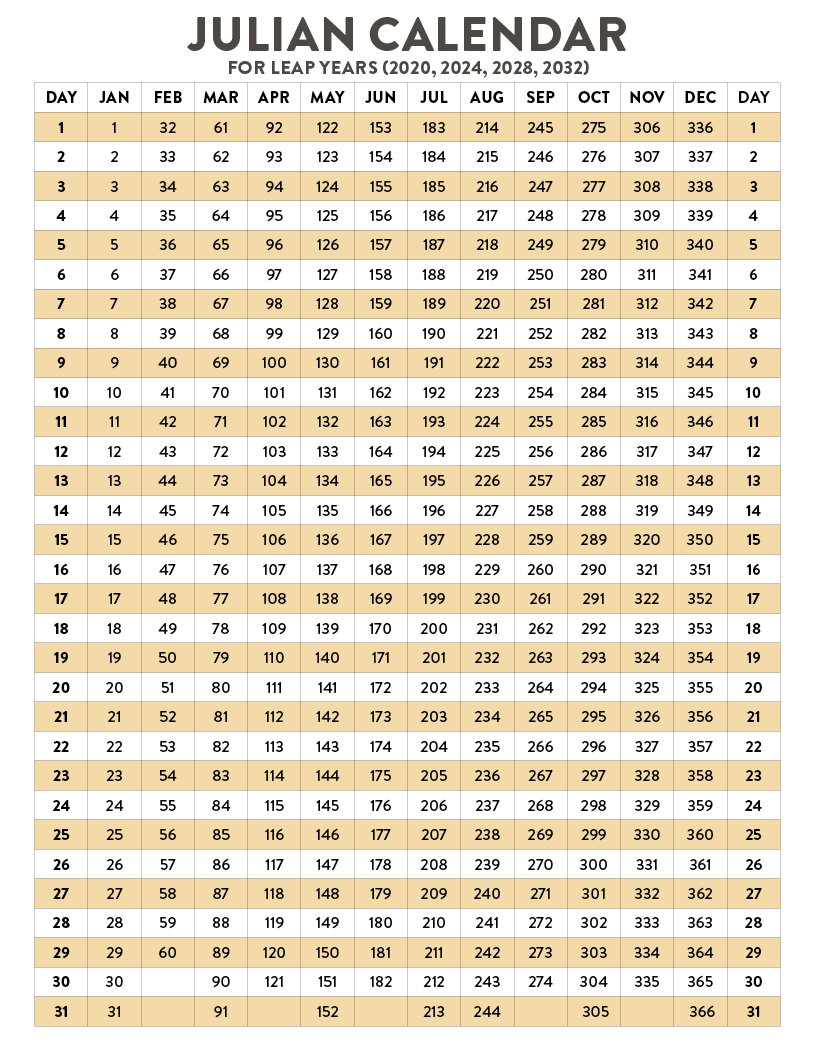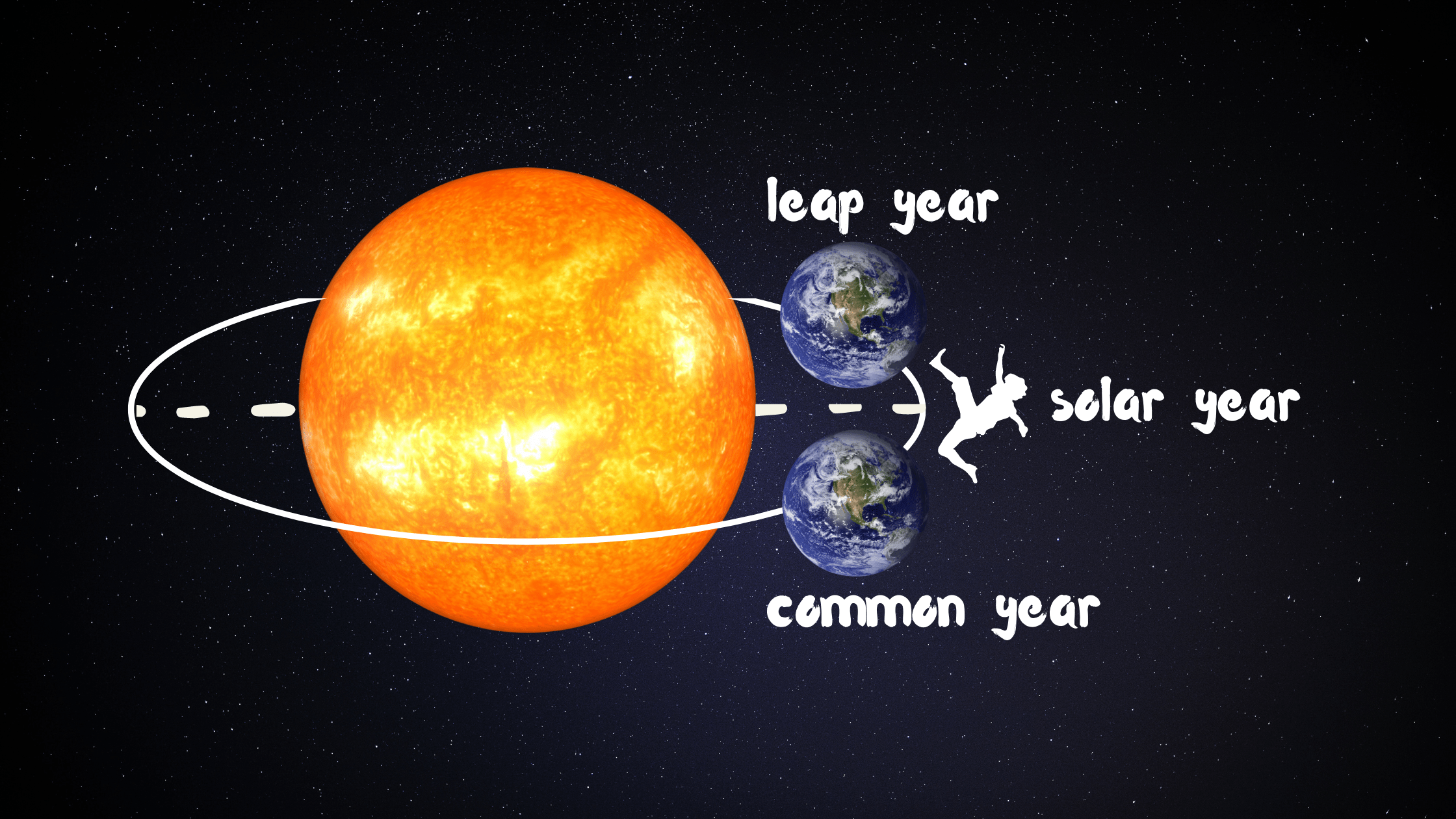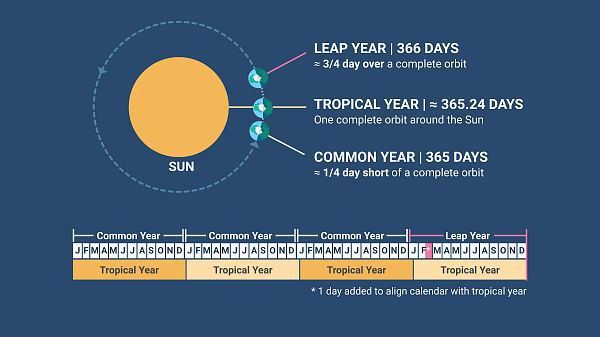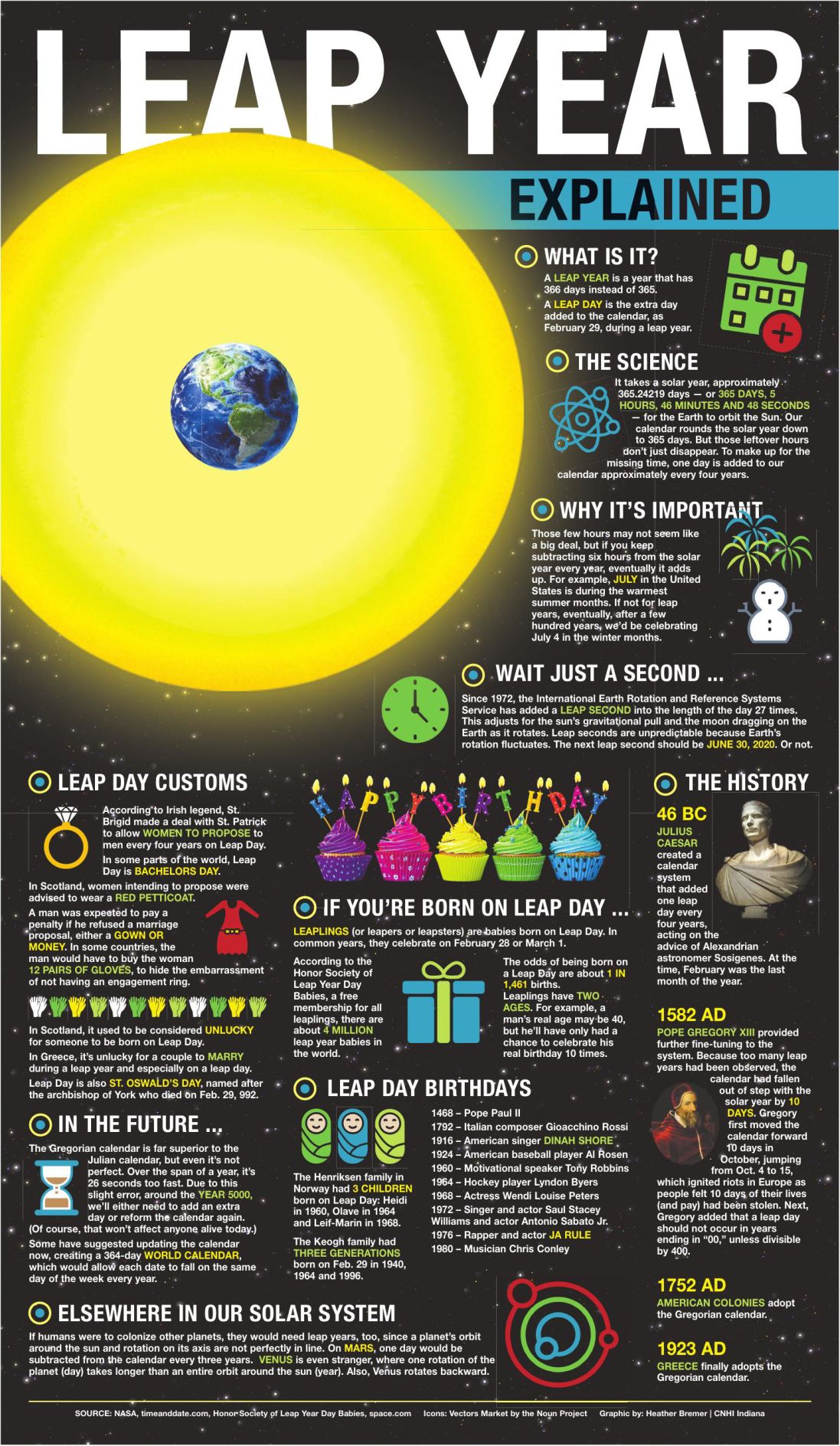With great pleasure, we will explore the intriguing topic related to Will 2025 Be a Leap Year?. Let’s weave interesting information and offer fresh perspectives to the readers.



A leap year is a year that is one day longer than a regular year, typically consisting of 366 days instead of 365. This extra day is added to the month of February, which typically has 28 days, making it 29 days long in a leap year. The purpose of a leap year is to keep the calendar in sync with the Earth’s orbit around the Sun.

The Gregorian calendar, which is the most widely used calendar in the world today, was introduced in 1582 by Pope Gregory XIII. It is a solar calendar, meaning that it is based on the Earth’s orbit around the Sun. The Gregorian calendar has a leap year every four years, with the exception of years that are divisible by 100 but not by 400. This means that years like 1900 and 2100 are not leap years, while years like 2000 and 2400 are.

Applying the rules of the Gregorian calendar to the year 2025, we can determine whether or not it is a leap year.

Leap years have been used for centuries to align the calendar with the astronomical year. The first known leap year was introduced by the ancient Egyptians around 4000 BC. The Romans later adopted the concept of leap years in their Julian calendar, which was in use from 45 BC to 1582 AD. The Gregorian calendar, which is still in use today, was developed to improve the accuracy of the Julian calendar and to eliminate the gradual drift that had occurred over time.

In conclusion, the year 2025 will be a leap year, meaning that it will have an extra day in February, making it 366 days long. This is because 2025 satisfies the conditions of the Gregorian calendar for a leap year, which are: divisible by 4 but not by 100 or divisible by 400. The implications of 2025 being a leap year include an extra day in February, adjustments to the calendar, and potential special events. The use of leap years has a long historical significance, dating back to ancient times, and serves to keep the calendar in sync with the Earth’s orbit around the Sun.










Thus, we hope this article has provided valuable insights into Will 2025 Be a Leap Year?. We appreciate your attention to our article. See you in our next article!
